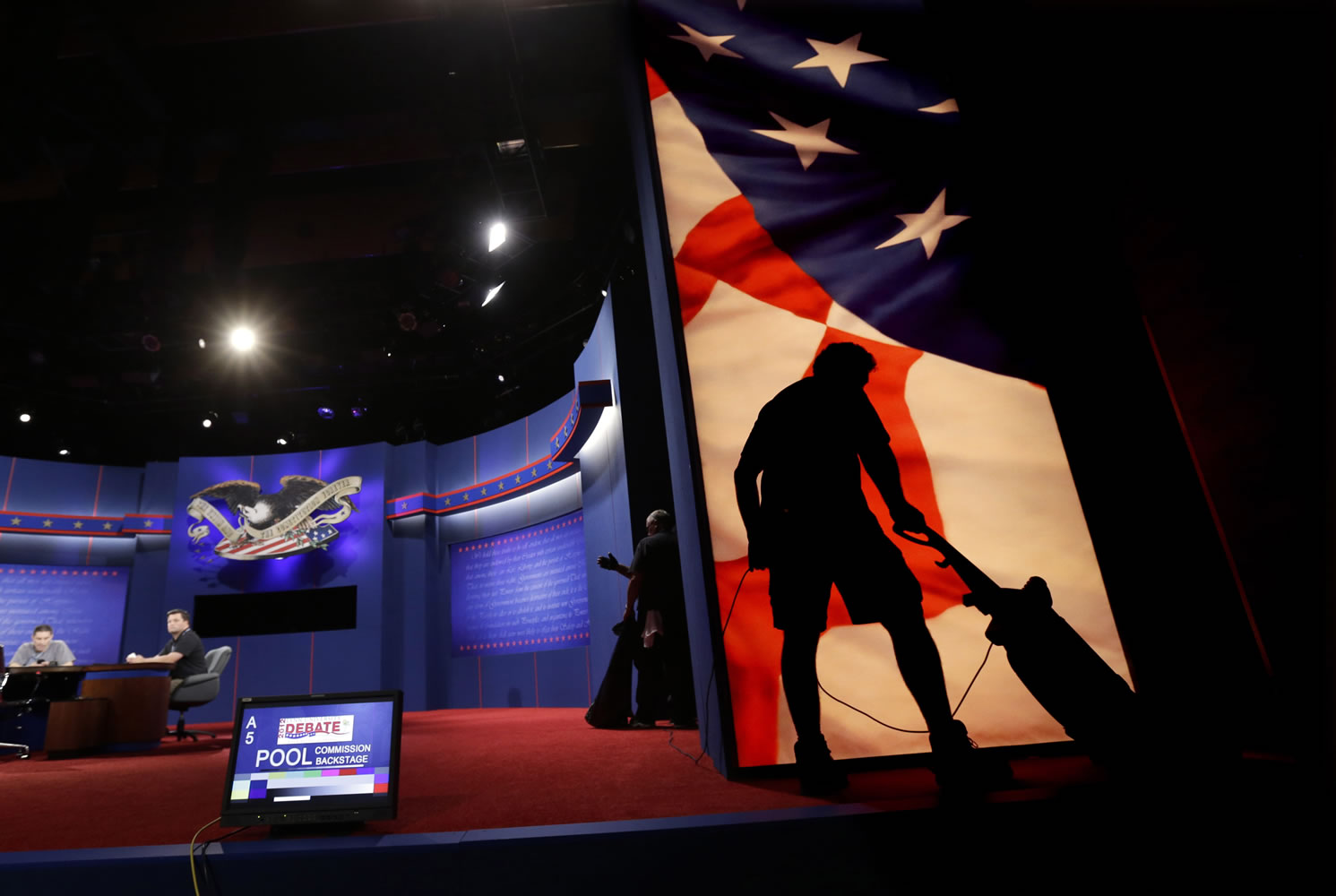6 p.m.
Lynn University in Boca Raton, Fla.
Focusing on foreign policy.
Moderator: Bob Schieffer.
WASHINGTON — It sounded weeks ago like a mismatch.
The final presidential debate would focus on foreign policy — a sitting president who’d overseen the death of Osama bin Laden pitted against a one-term governor so new to diplomatic thinking that he’d managed to offend a good chunk of Britain during a brief trip this summer.
Tonight’s debate doesn’t look like a mismatch anymore.
Instead, when President Barack Obama meets Republican challenger Mitt Romney in Boca Raton, Fla., he will face an opponent who has already made up tremendous ground on the subject by criticizing Obama as weak, waffling and distracted by his re-election goals.
Before the two men first debated on Oct. 3, Obama held a 15-point lead over Romney on the question of who is more capable of managing foreign affairs. After Obama’s listless performance, a Pew Research Center poll found that the gap had narrowed to a slender four points.
The two candidates will share a stage for the last time. The race could not be closer: On Sunday, a new NBC News/Wall Street Journal poll found the candidates tied, each with 47 percent of likely voters. Before the debates began, Obama led the same poll by three points.



